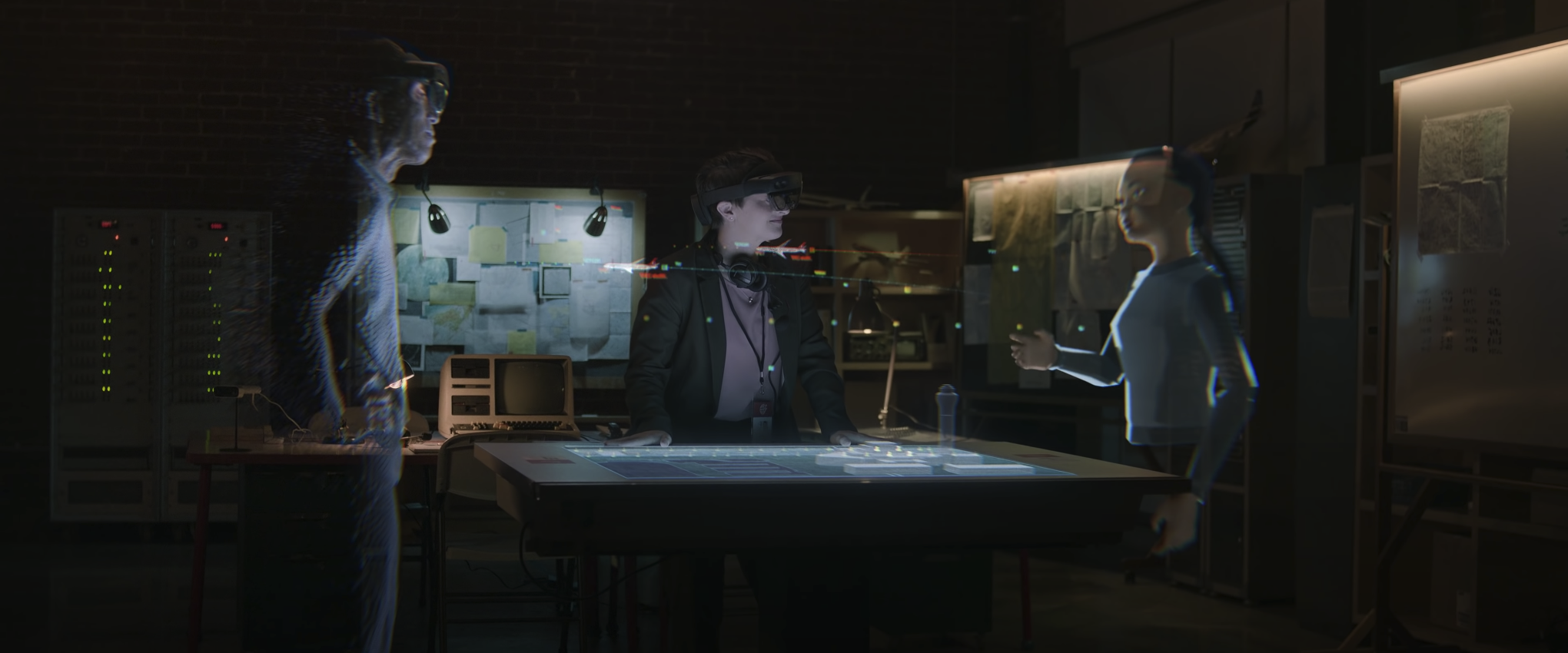Insights From The Blog
Microsoft Joins The Race to Bring VR to The Mass Market
You just know that when a company as large as Microsoft gets behind some piece of technology, that it is going to end up being really big. Okay, admittedly, they have had some missteps – Windows Vista wasn’t great – but generally you just know that their technological compass is pointed in the right direction and investments that they make are going to pay off. Microsoft aren’t the kind of company to shirk on doing the background work, and any product that finally comes out of their labs is going to be pretty special.
Take the untethered Hololens 2 Mixed Reality headset, for instance. Microsoft set themselves the task of creating a professional, viable stand-alone headset that could be used to overlay virtual elements onto the real world to aid people in many areas of business and commerce, engineering, science and medicine alike. It could be used as an educational tool just as well as it could be a design tool. It is currently priced as a professional tool, but the technology is now proven and it won’t take a great leap of technology to start putting a similar – though cheaper – device in homes as well as businesses and schools.
Having made their mark on the MR market with the Hololens range, Microsoft are bolstering their grip on the VR market, and plainly have an eye on capturing a huge chunk of this growing market with a view to being a major player in it. And it’s a big market too. The global VR market size was $15.81 billion in 2020 and is expected to reach $21.83 billion by the end of 2021. From there the global VR market is expected to grow at a compound annual growth rate of 18.0% from 2021 to 2028 to reach $69.60 billion by 2028.
Virtual reality is a compelling, multi-faceted application, with interactive video games, virtual meetings and learning places, even movies and television series. Wherever something is too dangerous, expensive, or impractical to do in reality, virtual reality is seen as an ideal replacement. With the increasing demand for cloud gaming and innovative gaming consoles, the demand for immersed environment gaming is increasing rapidly, and Microsoft are determined to be at the forefront of the whole package, not just the equipment.
For Microsoft, VR isn’t just about making world-beating hardware, but more to do with apps that rock and drag people in. There is little point, Microsoft reasoned, in creating hardware that performed exceptionally if the apps that ran on it were less than appealing. The company is hoping that a set of cloud-based tools to make it easier to develop compelling AR and VR applications for almost any type of device will have broader appeal than just devices that other developers make apps for. By owning both sides of the equation, Microsoft hope to corner the market as a whole and make sure that the best apps get on to the best equipment.
Microsoft has never shied away from thinking big and rather than just developing AR, VR, and MR equipment that will give users exciting new experiences, they decided to actually shape the environment that all of these devices work in. The result is Microsoft Mesh, powered by Azure and intended to be a cross-device platform that allows anyone with a supported device to integrate. Regardless of whether a user is joining via VR, AR or even mobile devices such as phone and tablets, Mesh will allow them to access – to varying degrees – the same experience, and will allow cross-platform integration.

The Microsoft Mesh platform will offer developers a full suite of AI-powered tools for avatars, session management, spatial rendering, synchronization across multiple users and holoportation to build collaborative solutions to any kind of technical, educational or medical problem in mixed reality.
With Mesh, Microsoft are not just designing devices to compete with the likes of Oculus and PSVR, but are creating a whole new environment for alternative reality users to meet and collaborate in, and you just know that it’s going to be powerful enough to be really usable.
We at Unity Developers are very excited about the prospects and potential abilities of Mesh, so keep coming back for updates as we get them.